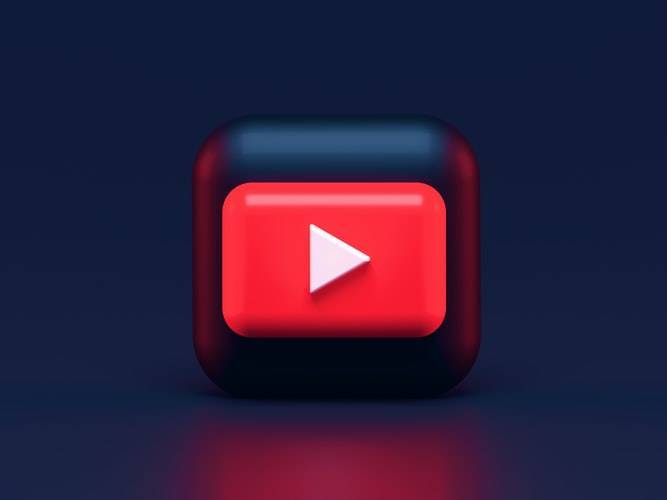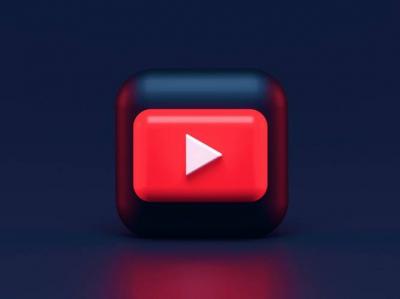In recent years, social media companies have competed to offer large sums of money to online content creators. YouTube asserts that it is the top provider of funds among all these companies. On Monday, Google’s media arm, part of Alphabet, announced its partnership in advertising sales with over two million video producers, stating that YouTube has paid more than $30 billion to content creators over the past three years through ads, promotions, and other services. The company claims it has laid the groundwork for this growth to enhance the platform's appeal to advertisers.
Neil Mohan, YouTube's Chief Product Officer, stated in an interview, "As a global platform, it's our responsibility to be the right place." YouTube began sharing ad sales with content producers in 2007, eventually creating a vast system with few governing rules. This system was threatened when advertisers pulled out due to inappropriate videos. In early 2018, YouTube significantly reduced the number of paid channels, focusing on those adhering to viewing restrictions and guidelines. The number of these channels has increased again but has not returned to pre-2018 levels. YouTube reported that the number of new channels in its advertising program doubled in 2020.
Major competitors like Facebook, TikTok, and Spotify Technology have attempted to entice content producers with various tools and payments to lure them away from YouTube, but none have made significant progress so far. This compelled Facebook to pledge not to collect commissions from creators until 2023 in an effort to drive growth. YouTube holds a 45% share of most video ad sales, and Mohan stated that there are no plans to change this. He remarked, "When I talk to content creators, it’s always about their share of the big pie; a piece of $10 is always better than a piece of one dollar."
YouTube also shares advertising revenue with traditional media that publish videos. While Mohan declined to disclose the specific amount allocated to those companies from the total $30 billion distributed, he noted that "a huge portion" of the sum went to independent creators and musicians.




